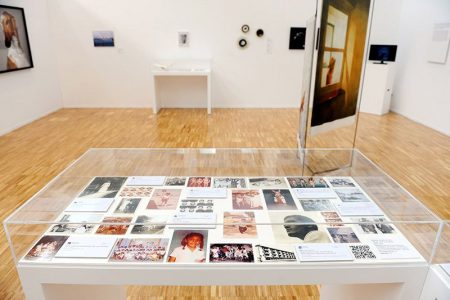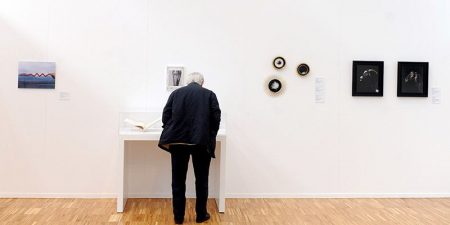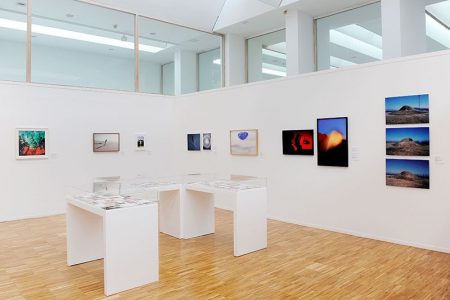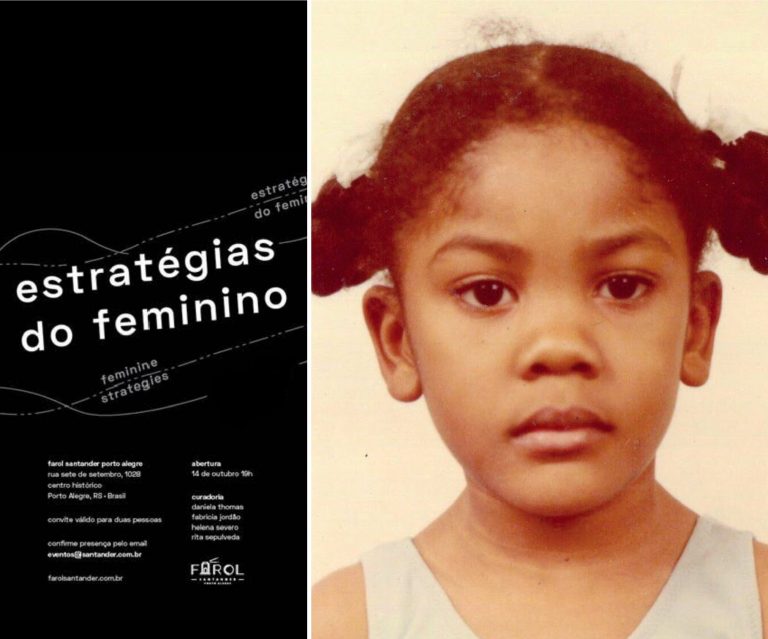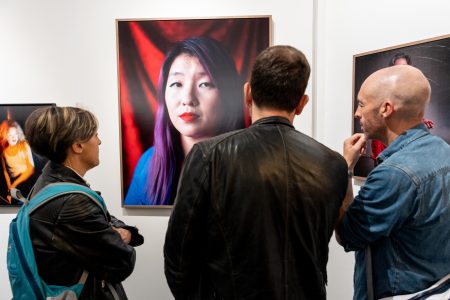Brazil was the last country in Latin America to abolish slavery, after having imported more African slaves than any other Latin American country from the sixteenth century on. It is also one of the countries that most flaunts its “racial mix and diversity.” For the centennial of the abolition of slavery in 1988, the Universidade de São Paulo carried out a survey in which 96% of those interviewed stated they were not racially prejudiced, while 99% said they knew someone who was: “Every Brazilian feels like an island of racial democracy surrounded by racists on all sides.”
The photographs from a family album of a girl of African descent invite us to participate in a game evoking an average person’s childhood and everyday life. A 280-character tweet is enough to strip bare the tableau of Brazilian wonders, transforming the spectator into a questioner facing brutal banalities and a fatal dehumanization of the other, very much in the present. Well into the twenty-first century, the internet reestablishes a daily reality that shows the incredible power contained in the “single history” and the legacy of its creators or disseminators, as it comes to form part of the collective imaginary, with its gradation of tones and self-definitions: ubiquitous, in spite of the symbolic gestures that lose their meaning and end up being mere excuses, justifications. The aberrant has become natural, licensed.

